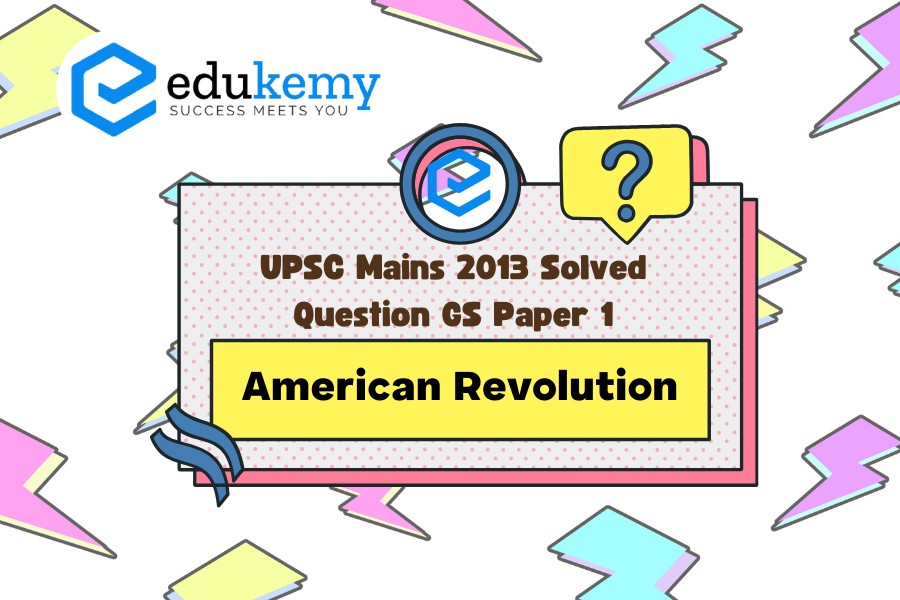The American Revolution, often portrayed solely as a quest for political independence, can also be viewed through the lens of economic revolt against mercantilism. Mercantilism, the prevailing economic doctrine of the time, dictated that colonies exist primarily for the benefit of the mother country, serving as sources of raw materials and markets for finished goods. This economic system heavily restricted colonial trade, imposing tariffs, and monopolies that stifled economic growth and autonomy. One significant catalyst for colonial discontent was the series of acts passed by the British Parliament, such as the Stamp Act and the Tea Act, which directly impacted trade and commerce in the colonies while benefiting British merchants and industries. The colonists, particularly the burgeoning merchant class, found these restrictions oppressive and detrimental to their economic interests. The slogan “no taxation without representation” encapsulated the colonists’ demand for economic freedom and self-determination. The Boston Tea Party, a symbolic act of defiance against the Tea Act, exemplified the economic resistance against mercantilist policies. Consequently, the American Revolution was not merely a political struggle for independence but also an economic uprising against the constraints of mercantilism, aiming to establish a more equitable and prosperous economic system for the fledgling nation.
Tags: History of the world.
Contents
Decoding the Question:
- In Introduction, try to give a brief introduction of American Revolution.
- In Body,
- Define what mercantilism means.
- Describe how American Revolution was an economic revolt against mercantilism.
- Conclude with highlighting the fact that it was a victory of American capitalism over mercantilism.
Answer:
Multiplicity of factors including ideological conflict, conflict between constitutional notions etc. played their role in the American Revolution but the clash in economic interest between colonies and the metropolitan state definitely played a decisive role.
British mercantilism emphasized that the interest of the colonies is subservient to that of the metropolitan state. It was under this notion that navigation laws were introduced through the act of 1651. It ensured the primacy of the British shipping industry at the cost of the shipping of other rivals as well as that of the colonies. It emphasized that all the exports or imports could be carried through ships on which three-fourth employees should have been from British origin.
American Revolution as an Economic Revolt Against mercantilism:
- Economically the Americans were not dependent on Britain in any way. Until 1763, the burden of taxes on Americans was less than being faced by British citizens on the mainland.
- After the economic development in America the British Parliament enacted several new laws and imposed new taxes. Sugar Act (1764), Currency Act (1764), Stamp Act (1765), Quarter Act (1765), were the examples of the same.
- These new taxes and the rigid restrictions were opposed by Americans and the developments that followed triggered revolution. Finally, the Tea policy of Lord North proved to be the last straw on the camel’s back. It tripped the patience of Americans & the war commenced.
- The East Indian company was facing a serious financial crisis in 1772-1773. To help this company, Prime minister Lord North formulated a tea policy. This policy allowed East India company to export its tea directly to America by paying an additional duty. This policy was beneficial to Britain & East India companies, but it was against the interest of Americans.
- Some of the ideals of the Revolution like protection of private property rights, the Doctrine of Laissez-faire (Free Trade), judicial supremacy, meritocracy are all anti-mercantilist ideals.
After the American Revolution, liberal and progressive political system based on the philosophy of capitalism came into existence. The mercantilist regulation got uprooted. Thus, the American Revolution was an economic revolt and resulted in the victory of capitalism over mercantilism.
In case you still have your doubts, contact us on 9811333901.
For UPSC Prelims Resources, Click here
For Daily Updates and Study Material:
Join our Telegram Channel – Edukemy for IAS
- 1. Learn through Videos – here
- 2. Be Exam Ready by Practicing Daily MCQs – here
- 3. Daily Newsletter – Get all your Current Affairs Covered – here
- 4. Mains Answer Writing Practice – here


